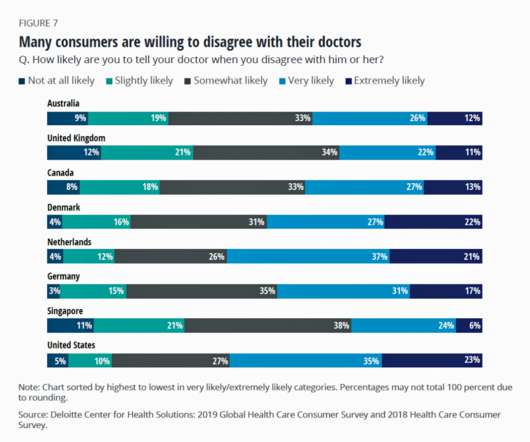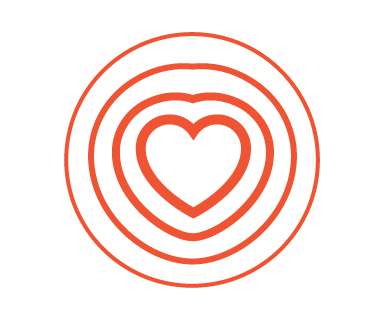Why health care costs are making consumers more afraid of medical bills than an actual illness
Henry Kotula
APRIL 24, 2018
Meanwhile, 40 percent said they skipped a recommended medical test or treatment. Some 86 percent of those surveyed said they’re covered either through their employer, have insurance they purchased directly, or through government programs like Medicare and Medicaid.












Let's personalize your content